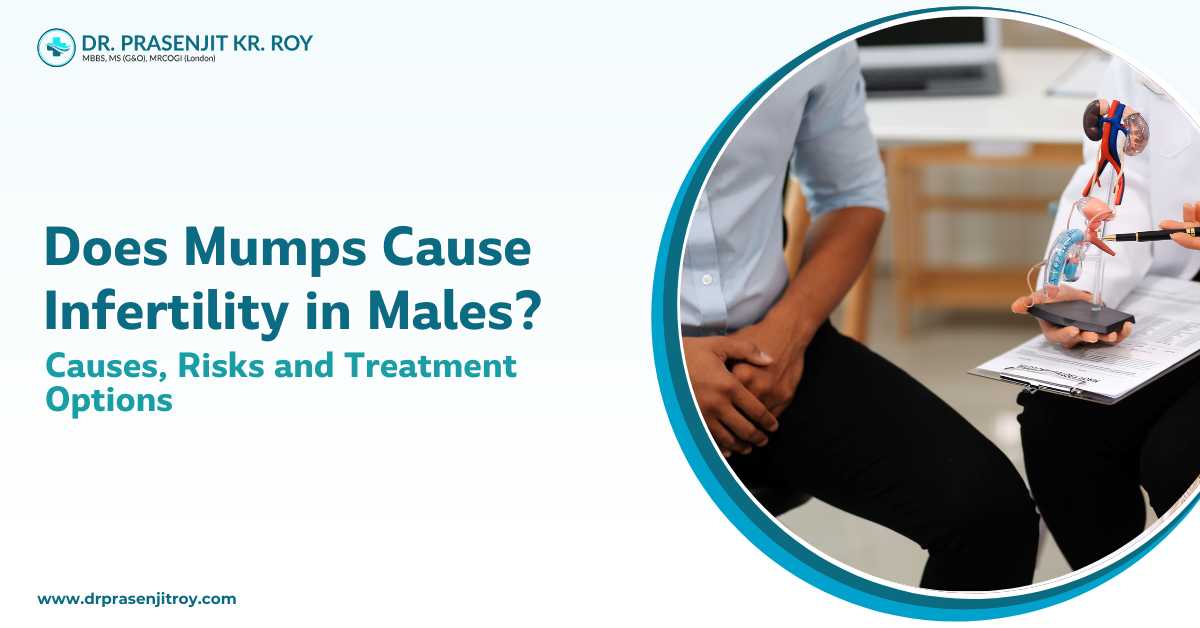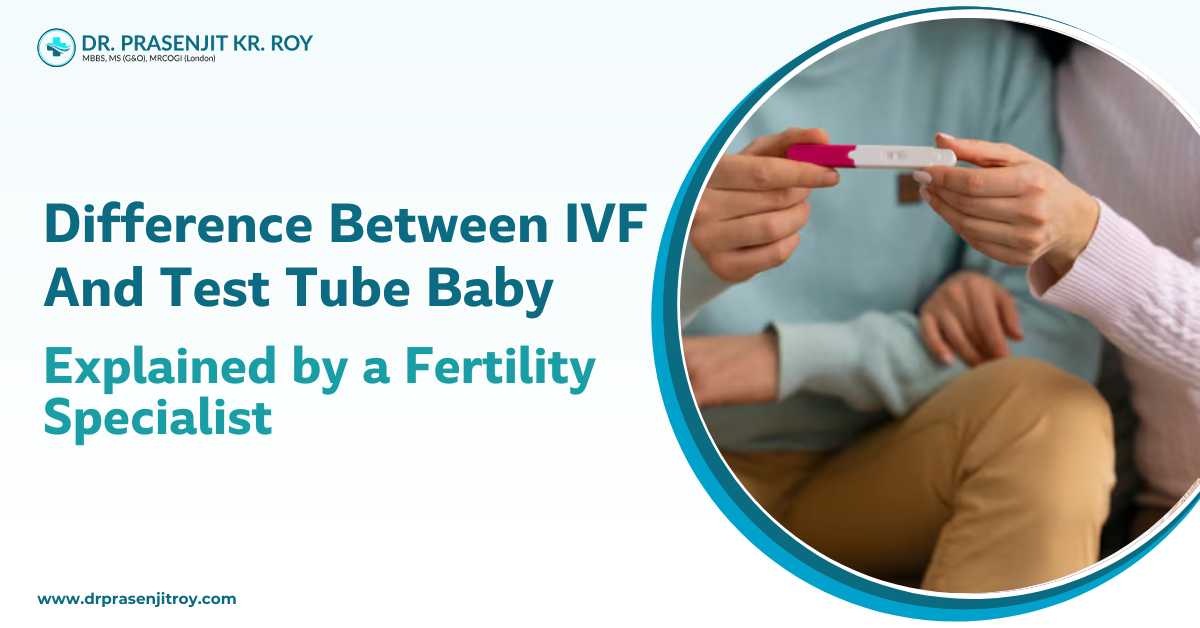Millions of people struggle with infertility globally, but it doesn't have to be the end of the path. Many choices are now available to assist couples in overcoming infertility and fulfilling their ambition of becoming parents, thanks to advancements in reproductive health.
This thorough guide covers all the available alternatives for fertility treatments, starting with the fundamentals. We'll go over the most typical reasons for infertility, IVF treatment in Siliguri, available fertility treatments, their effectiveness rates, and more in the next chapters so you may feel empowered and make wise choices as you approach parenting.
What Are Treatments For Fertility?
Fertility treatments may entail medication, surgery, or both to improve an egg's chances of fertilizing – that is, of sperm cells penetrating the egg and implanting it in the uterus. Researchers started examining fertility in the 1600s, but it took hundreds of years to create therapies like in vitro fertilization (IVF), which gained popularity in the 1980s when the first IVF baby was born in 1978, and synthetic hormones, which were first used in the 1940s.
Reasons for Infertility: Obstetrical Problems
A number of causes may hamper pregnancy; therefore, infertility is not a universal problem. Individuals and couples may manage their fertility journey and the route to parenting by having a better understanding of the underlying reasons for infertility.
The most prevalent problems that impede pregnancy are examined in this section. Understanding these reasons might help people collaborate with their medical providers to investigate potential treatments and increase their chances of becoming pregnant.
Unfortunately, after a comprehensive infertility workup, up to 30% of couples will get a diagnosis of "unexplained" infertility. Many therapy approaches are beneficial in helping these people get pregnant, even if the actual reason is unknown.
Who May Require Treatment For Fertility?
You could be a suitable candidate for fertility treatments if you're under 35 and have been trying to conceive for a year. Due to age-related declines in fertility, many clinics recommend scheduling a consultation if you are 35 years of age or older after six months of trying.
If, despite your best efforts, you have been unsuccessful in becoming pregnant, fertility treatments can still be of assistance. Your doctor will usually begin treating you for infertility by doing a fertility exam in order to determine which therapies will work best for you.
Before making any decision always consult with a fertility center in Siliguri. The extent of insurance coverage for fertility treatments might differ significantly based on your residence and company. Although rules pertaining to fertility insurance coverage have been established in 19 states (13 of which include IVF), it is still being determined how these regulations would truly assist you in paying for your treatment.








